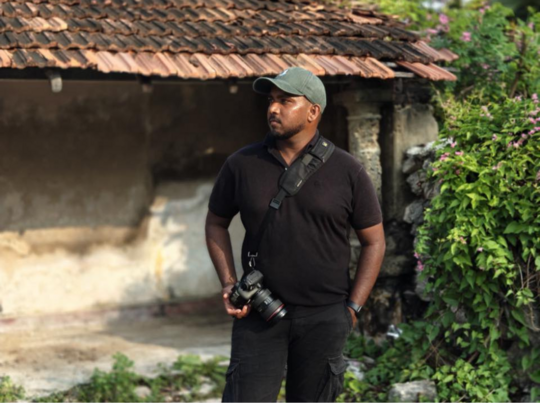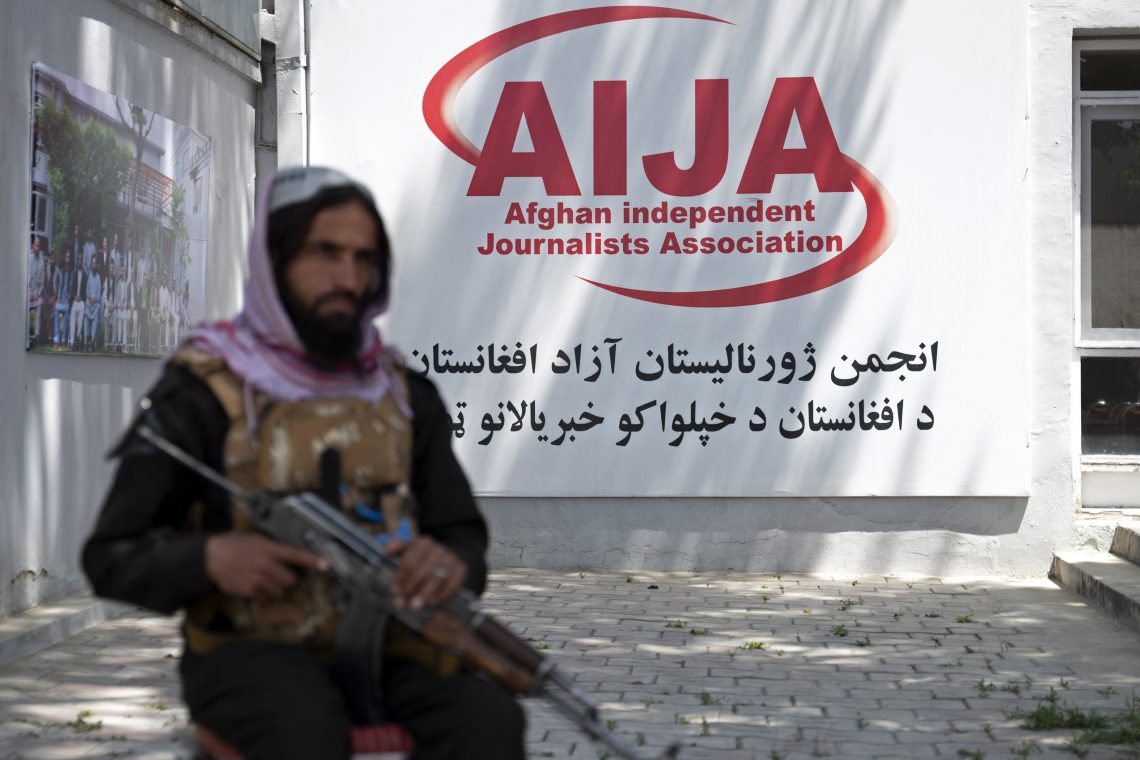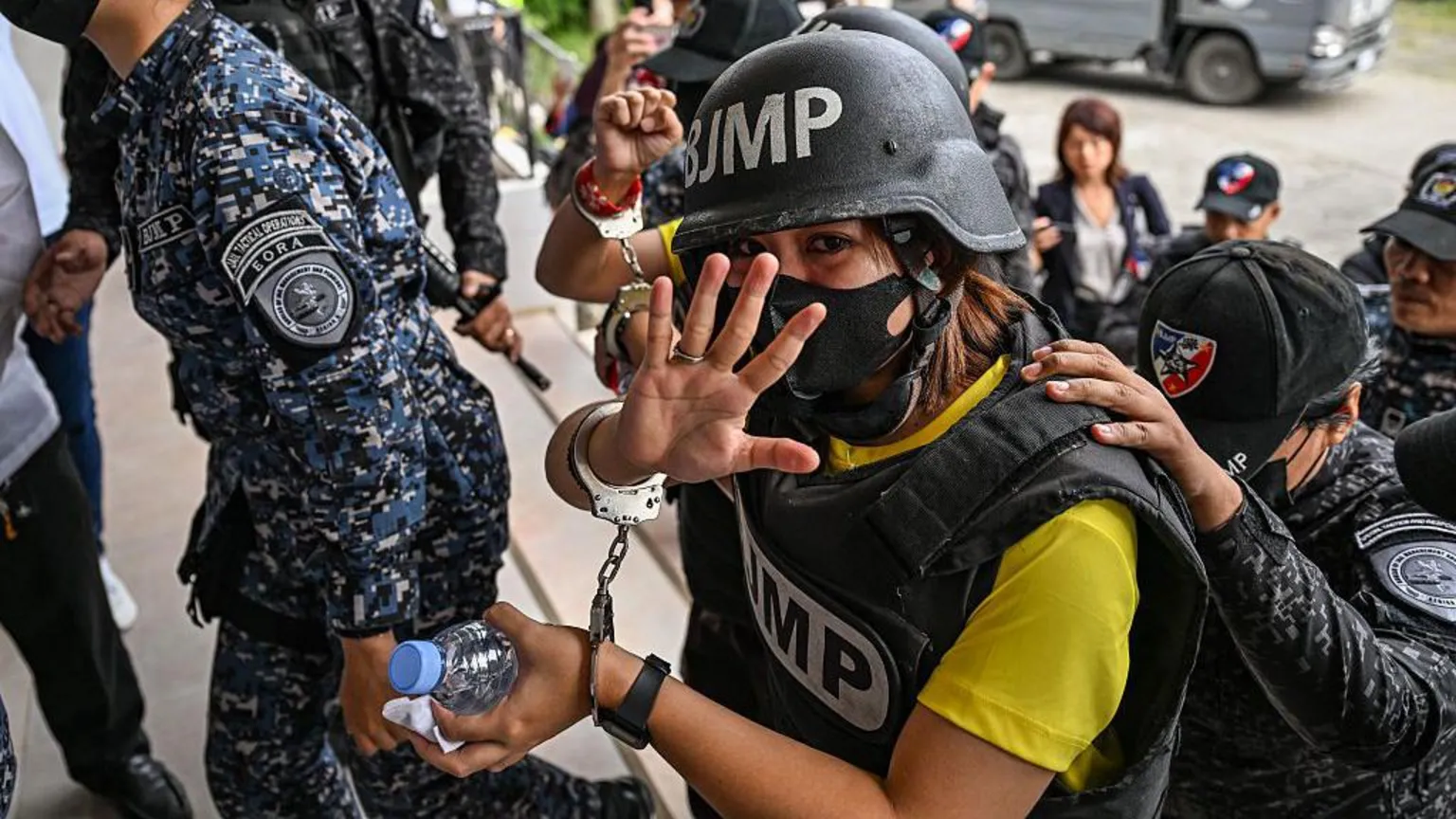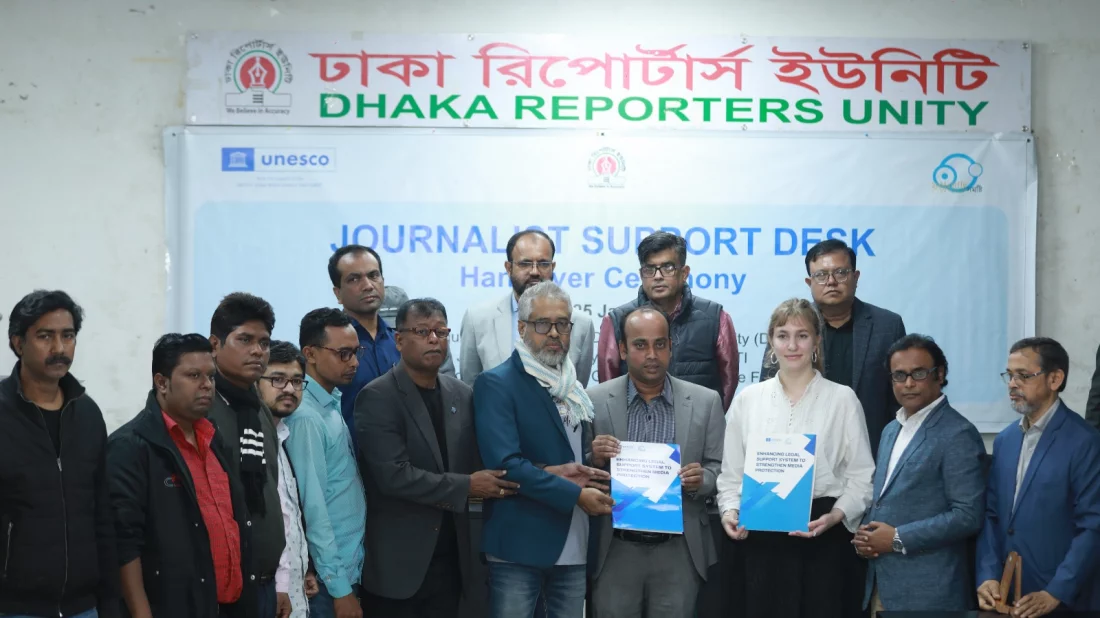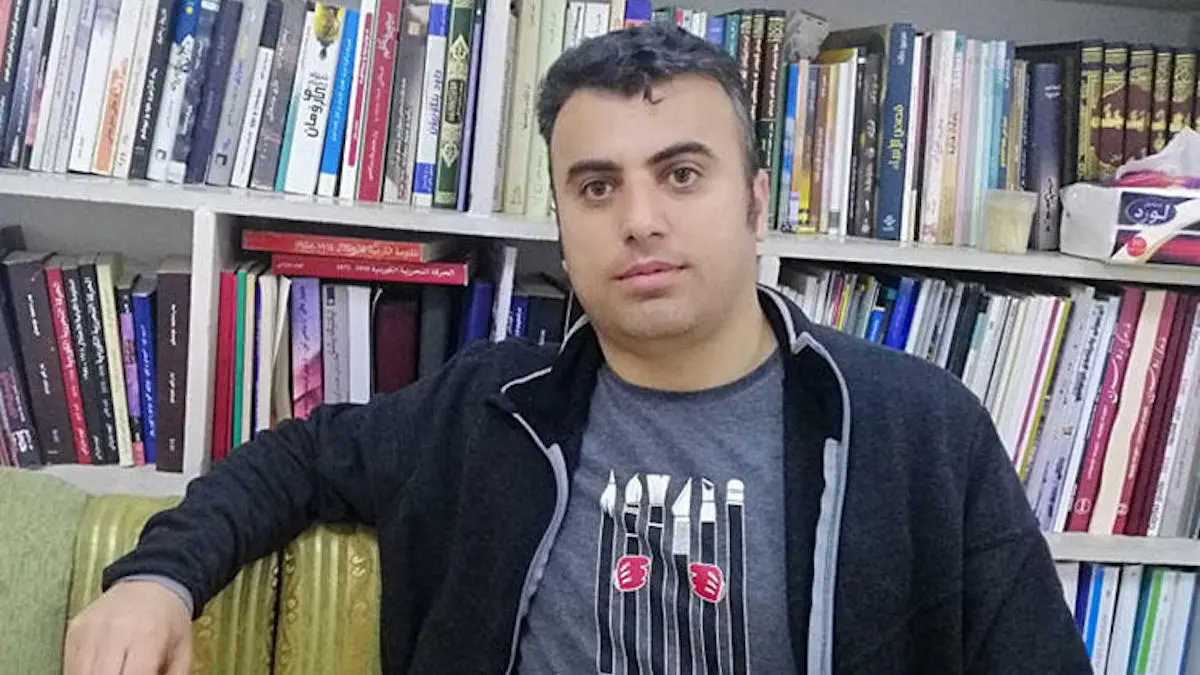
Kurdish Journalist Sherwan Sherwani Hit with New Sentence Weeks Before Release
August 20, 2025
Emmy-Winning Boston Anchor Sues WBZ-CBS for $4M, Alleges She Was Demoted for Being White Amid DEI Push
August 20, 2025August 20, 2025 – Sri Lanka/India –
Tamil photojournalist and human rights defender Kanapathipillai Kumanan, based in Sri Lanka’s Northern Province, has become the focal point of renewed state harassment. On August 7, 2025, Kumanan was issued a summons by the Counter Terrorism Investigation Department (CTID) to appear for questioning on August 17, with no official rationale provided. It is believed the summons relates to his social media posts and recent reporting on mass grave excavations at Chemmani (Chemmani) and Kokkuthodvai, which unearthed over 140 skeletal remains over 41 days—images that spread widely through advocacy groups and media outlets.
Numerous civil society organizations—including CPJ, FORUM-ASIA, International Commission of Jurists, Front Line Defenders, CIVICUS, Free Press Unlimited, International Press Institute, and Reporters Without Borders—strongly denounced the summons. Together, they urged Sri Lankan authorities to immediately halt the harassment and withdraw the CTID summons, highlighting that targeting a Tamil journalist through counter-terror mechanisms forms part of a broader pattern of intimidation designed to suppress independent reporting.
The UN Special Rapporteur on Human Rights Defenders, Mary Lawlor, also voiced alarm over the interrogation of Kumanan. She condemned the move as an attack on legitimate journalism, noting that documenting Tamil community issues, peaceful protests, and land rights inherently fall within the remit of press freedom and human rights advocacy, not criminal conduct.
The International Federation of Journalists (IFJ), along with national journalist associations, condemned the use of counter-terror apparatus to intimidate journalists. They documented that on August 17, Kumanan was questioned for nearly seven hours on his journalism, social media activity, financial transactions, phone records, and overseas travel—a disturbing escalation of surveillance and repression that marks a continuing threat to media freedom.
Kumanan’s case reflects an alarming trend: the repeated misuse of anti-terror laws and policing tactics to silence critical voices, particularly Tamil and minority journalists, in the post-conflict north and east of Sri Lanka. Several international watchdogs are calling for UN scrutiny, urging the Human Rights Council to renew OHCHR monitoring of the country during its 60th session.
Reference –

